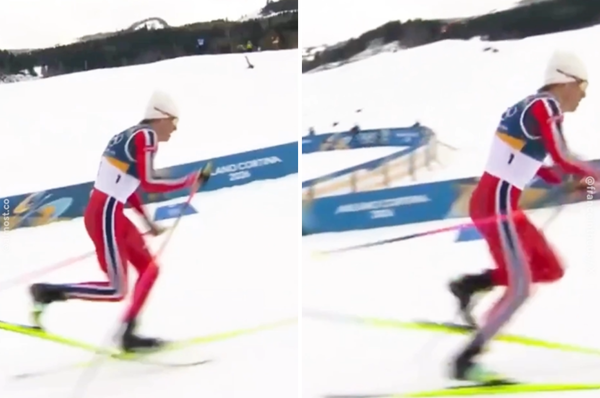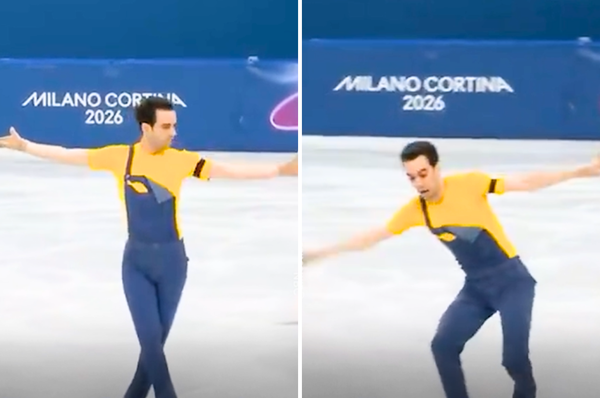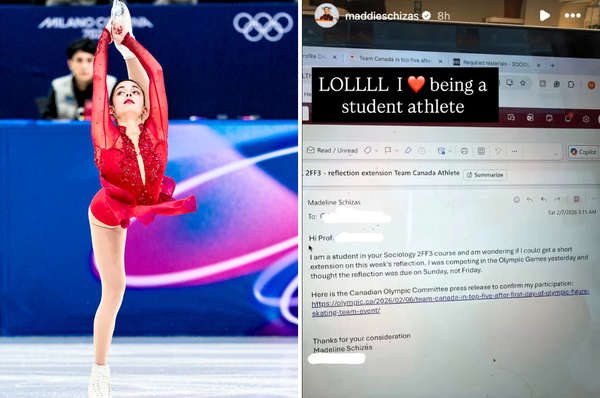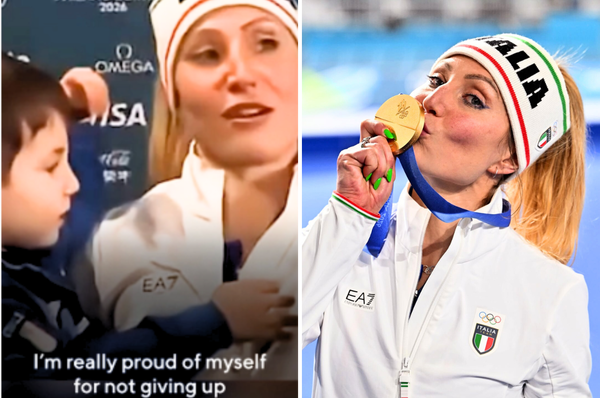Israel Tried To Compete at Eurovision With A Song Referencing Hamas’ Oct. 7 Attack And Caused A Huge Controversy
Israel tried to enter the competition with a song called “October Rain” that references the “the condition of Israeli civilians” during Hamas’ Oct. 7 attack.

Israel tried to compete at Eurovision with a song referencing Hamas’ Oct. 7 attack and caused a huge controversy.
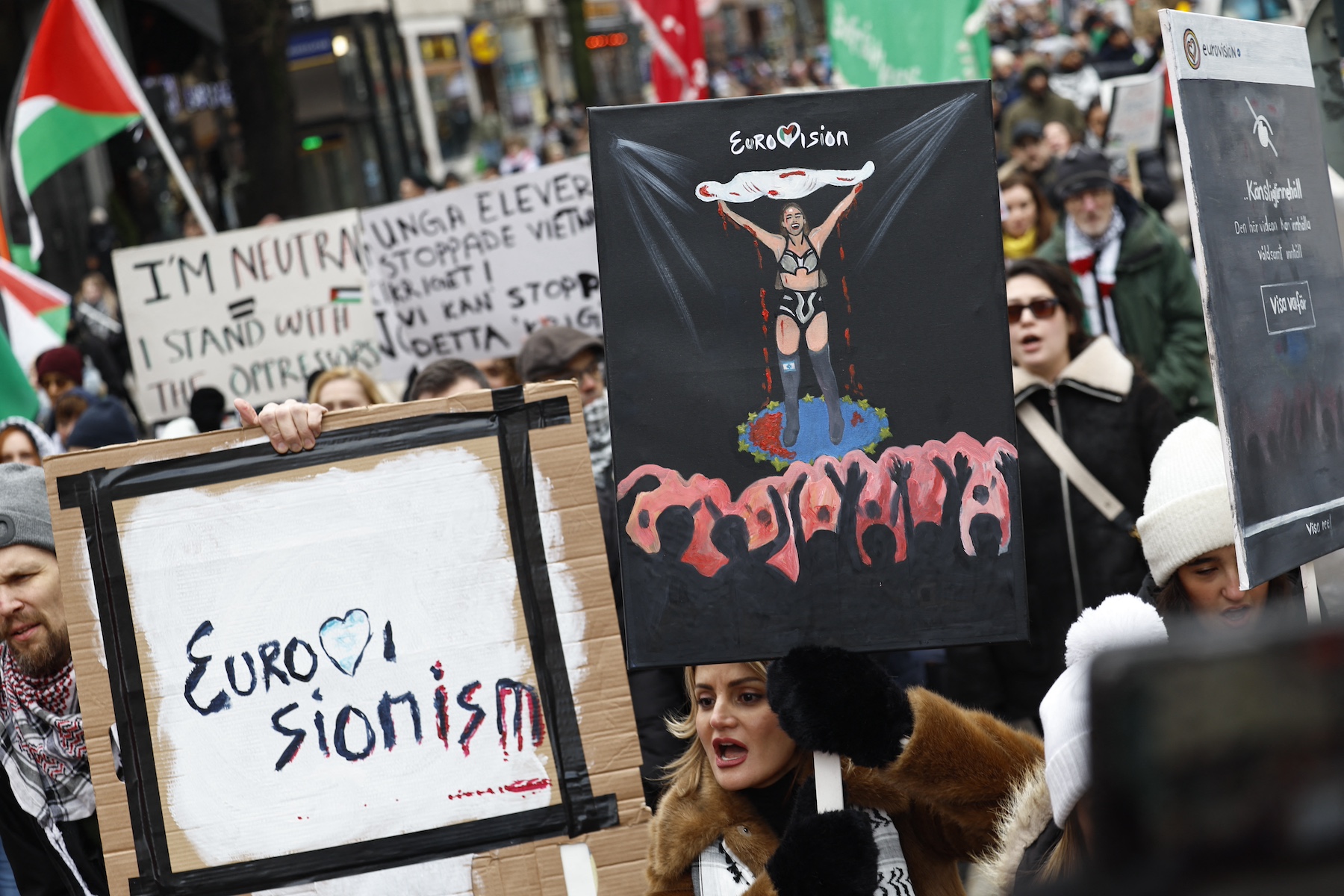
From the beginning, organizers of the international singing competition faced calls from countries to ban Israel from competing due to its war on Gaza.
In 2022, countries had successfully called on organizers to ban Russia from competing after it invaded Ukraine.
However, despite multiple petitions and threats of boycotts, Eurovision still allowed Israel to compete.
But that wasn’t the end of it.
Israel then entered the competition with a song called “October Rain”.

The song references the “the condition of Israeli civilians” during Hamas’ Oct. 7 attack, according to Israel Hayom, which is largely seen as a propaganda mouthpiece for Israeli prime minister Benjamin Netanyahu.
The song, which was to be performed by 20-year-old Russian-Israeli singer Eden Golan, includes lyrics such as “And I promise you that never again. I’m still wet from this October rain”.

It also includes lines about poisoned air and dead children, which are seen to be alluding to the aftermath of Hamas’ attack that led to Israel’s war on Gaza that has since killed more than 31,000 Palestinians.
Eurovision, which calls itself a non-political event, eventually asked Israel to change the song over its political references or get disqualified.
נועה יקרה, כולנו מאחורייך! 🦄@noakirel pic.twitter.com/oyrdVLqYjU
— יצחק הרצוג Isaac Herzog (@Isaac_Herzog) May 13, 2023
Israel’s public broadcaster initially refused to change the song, saying it would withdraw instead.
But then Israel’s president Isaac Herzog called on the company to make “necessary adjustments”, saying it was important Israel “raise its flag in every world forum” during this time.
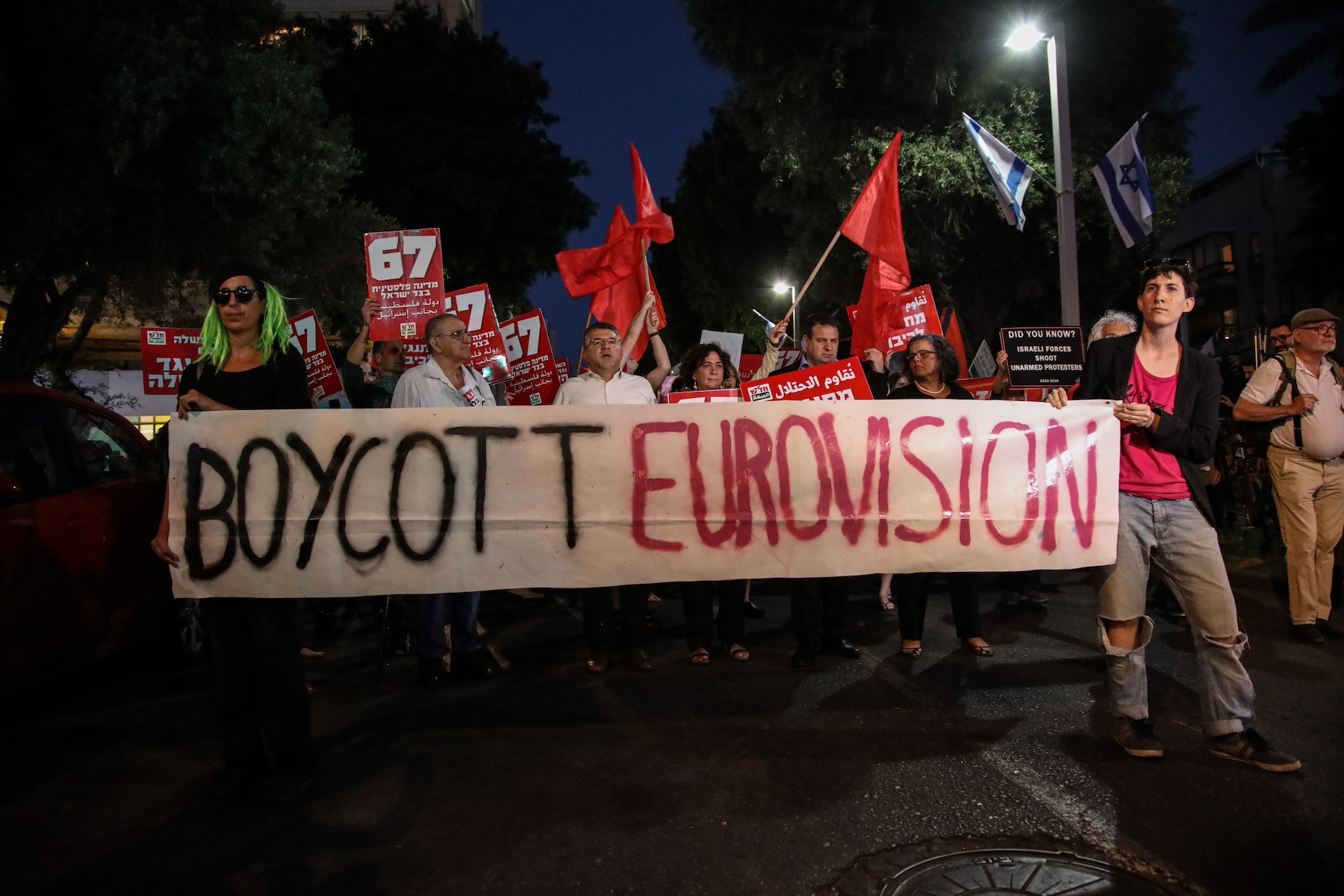
Now Israel has been allowed back into the competition after it renamed the song to “Hurricane” and changed some of the lyrics.
Israel’s broadcaster says the song tells the story of a woman going through a crisis, with lines like “I’m still broken from this hurricane”.
It also changed the word “flowers” – which Israel Hayom reported is often used to imply Israel’s war casualties – to “powers”.

